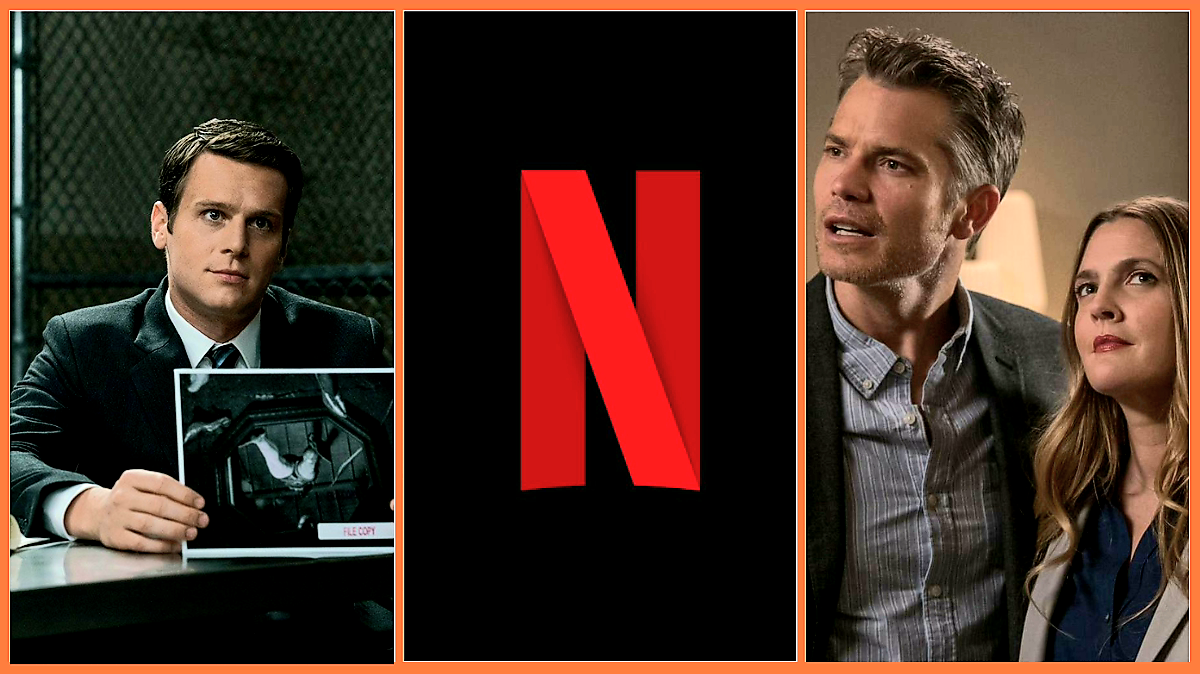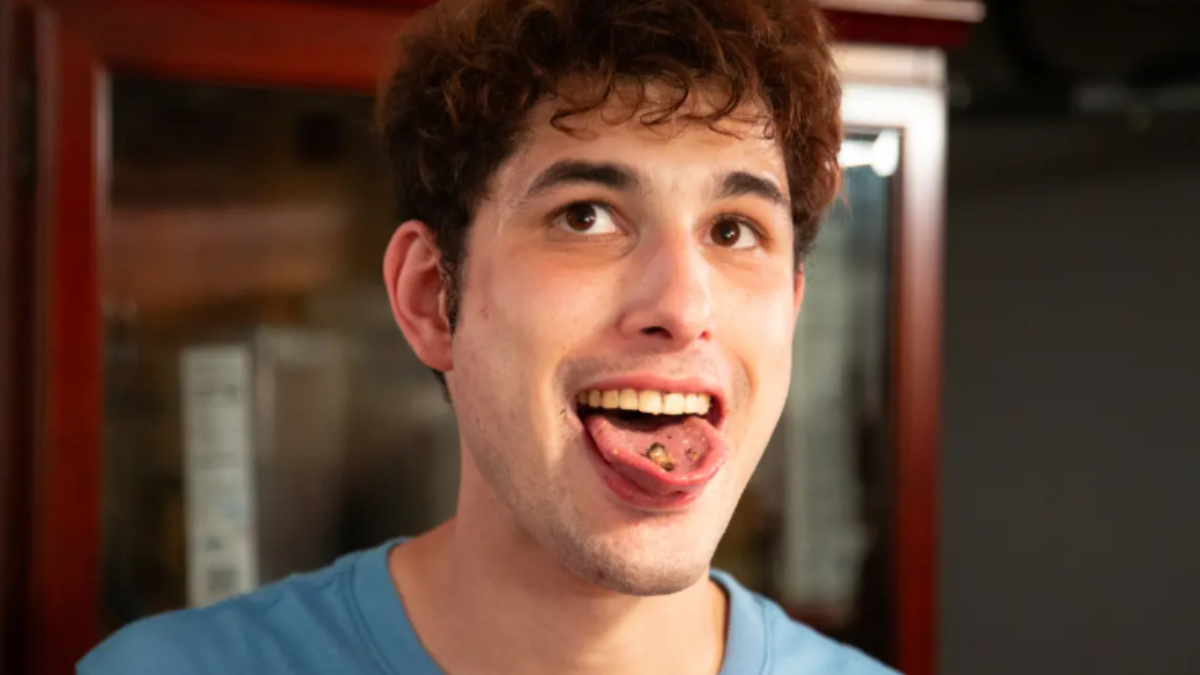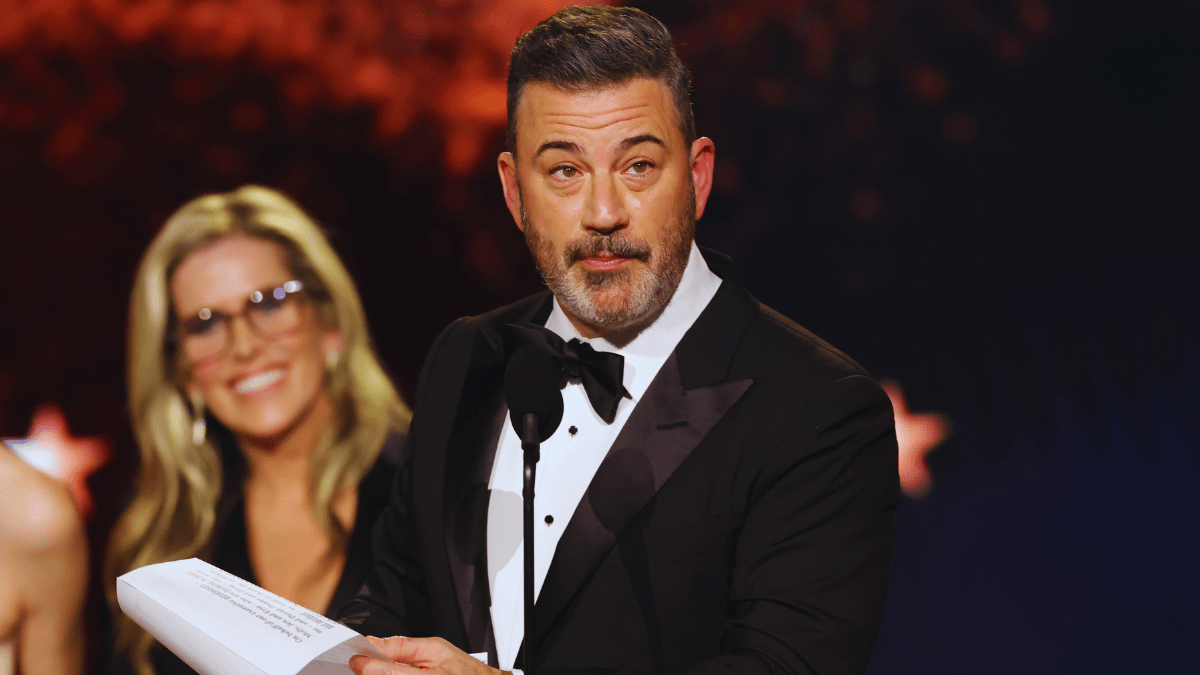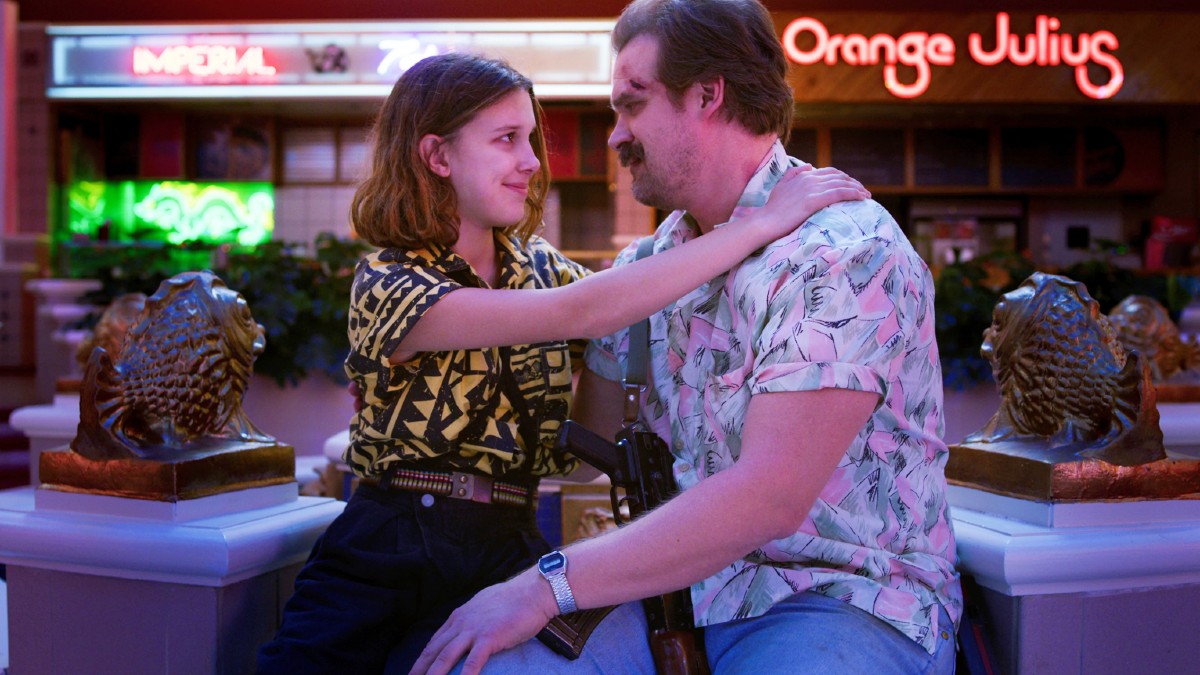Warning: This article contains spoilers for the Ted Lasso season 3 finale
As many of its writers, creators, and actors have said since the beginning, and despite an excellent recent episode about moms, Ted Lasso is a show about father-son relationships. For all of Ted’s pining for Michelle, it’s clear that his real heartache at being in England stems from missing out on seeing his son Henry. And the fact that the positive coach from Kansas ended up back at home with his son — thus managing to make sure he didn’t pass on his own trauma about losing a father to his kid — showed how even the worst scars can heal, and generations can begin to help each other.
While there’s plenty of evidence to back up the show being about dads and sons, it was really hammered home by one of the last songs in a season of excellent background tracks: “Father and Son” by Cat Stevens (Yusuf Islam). While the title of the song is very much about this heartwarming theme of the show, the actual content of the lyrics is a little more depressing, with the tune mostly being about a father not being able to understand why his son wants to break away from his family and forge his own destiny, while the son remains unable to fully articulate himself, but simply knows it’s time for him to make it on his own.
In 1972, Stevens, now Islam, told Disc magazine: “I’ve never really understood my father, but he always let me do whatever I wanted—he let me go. ‘Father And Son’ is for those people who can’t break loose.” A year later, he further clarified his feelings about the song in an interview with Rolling Stone:
“Some people think that I was taking the son’s side. But how could I have sung the father’s side if I couldn’t have understood it, too? I was listening to that song recently and I heard one line and realized that that was my father’s father’s father’s father’s father’s father’s father’s father speaking.”
Whatever the deeper meaning of the song, there’s no doubt its choice and placement in the Ted Lasso finale was a conscious effort, which is unsurprising given how meticulously planned a lot of the show seems to be with regard to its thematic choices and references.
Father and son relationships run deep throughout the entire series, sometimes even with characters we don’t know the full story of. As James Lance (the actor who plays Trent Crimm) told Vulture:
“I said to him that I felt the reason Trent was the way he was has to do with his father. He had a dad who really wanted him to be a manly man and be sporty, but Trent wasn’t that guy. So, he hit the library and donned intellect as his shield and armor. Jason was looking at me sort of mystified, and he said, ‘Hey, I’m going to tell you something. This whole show is about bad dads.’ And I said, ‘Really?’ And he said, ‘Yeah. The reason Ted is the way he is is because his father committed suicide and he decided to embrace life and adopt that positive attitude.’ And I was like, ‘Oh, wow. Well, this is really resonating with Trent as well.’”
Then there are the other, non-direct references to dad-son relationships, like the fact that Ted was seen as a surrogate for Nate’s father in the first two seasons, leading to their eventual break, and the fact that Jamie and Roy’s friendship seems to have a paternal element to it (Jamie even referred to Roy as being like his dad in the finale). Additionally, coaches for male professional sports teams are inherently father figures, especially in soccer, where players in their teens and early twenties dominate starting line ups.
Most importantly, Ted’s father’s suicide is the cloud that hangs over the series, giving it a grit and depth that allowed it to move from a thirty-minute fish-out-of-water comedy into the startling drama-comedy it became this season. And, now, with the coach’s return to Kansas, we’ve hopefully seen him break the curse of bad dads, and turn from a James Tartt Sr. into a Higgins.










Published: May 31, 2023 09:33 am